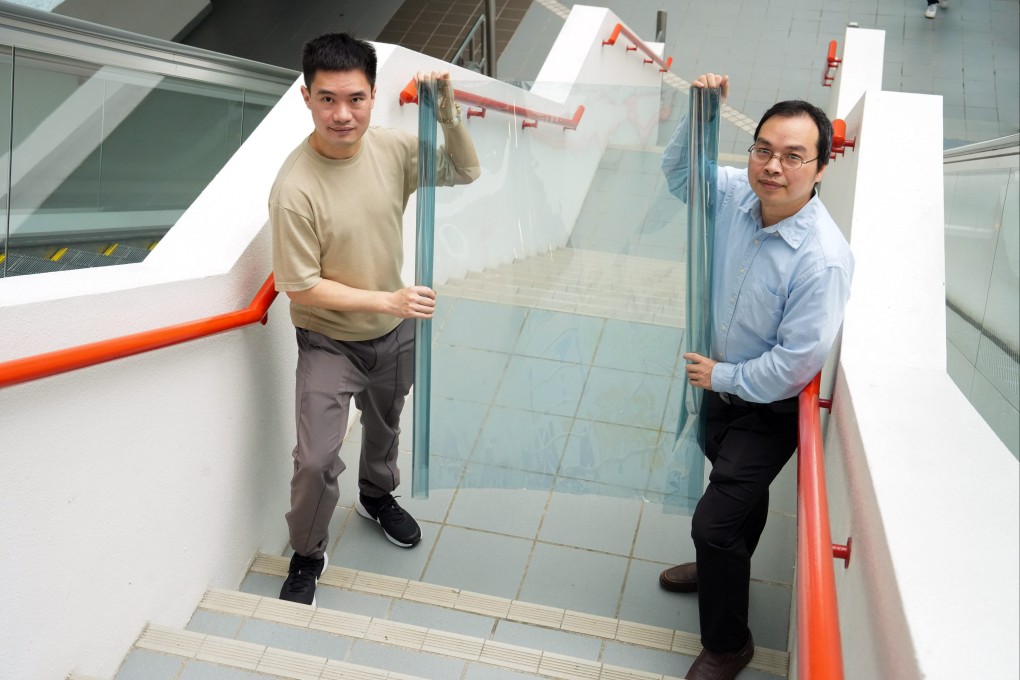How butterfly wings inspired Hong Kong cooling tech that can help tackle global warming
Thin cooling film can reduce room temperatures by up to 15 degrees Celius, as scientists hope to mitigate effects of global warming

The Communist Party’s third plenum in July set the country’s long-term direction on economic policy, with strategic industries such as AI and biomedicine targeted. Traditional enterprises will also be encouraged to transform with the help of technology. The Post looks at innovations by up-and-coming Hong Kong scientists who are already making waves and may be even the next big winners like tech giants DJI and SenseTime.
In the Nevada desert in the western United States, a mainland Chinese energy storage company struggled to control the temperature of its battery cabinets. Too much heat and the batteries’ lifespan would be cut short or worse, they could explode.
The same heat problem was troubling the operator of a large 1,000 square metre grain storage facility in Chongqing, a major city in Sichuan province. The grain would rot in a very hot environment and air conditioning was not allowed when pesticide was being sprayed.
Both eventually opted for a solution developed by a group of Hong Kong scientists, who invented a cooling film to suppress solar heat without blocking radio signal transmission.
The new technology, inspired by the structure of butterfly wings, can reduce room temperatures by 7 to 15 degrees Celsius without consuming any energy when it is used to cover the surfaces of buildings and vehicles.
Some experts said that it would offer a means to cut the demand for air conditioning amid the worsening effects of global warming.
